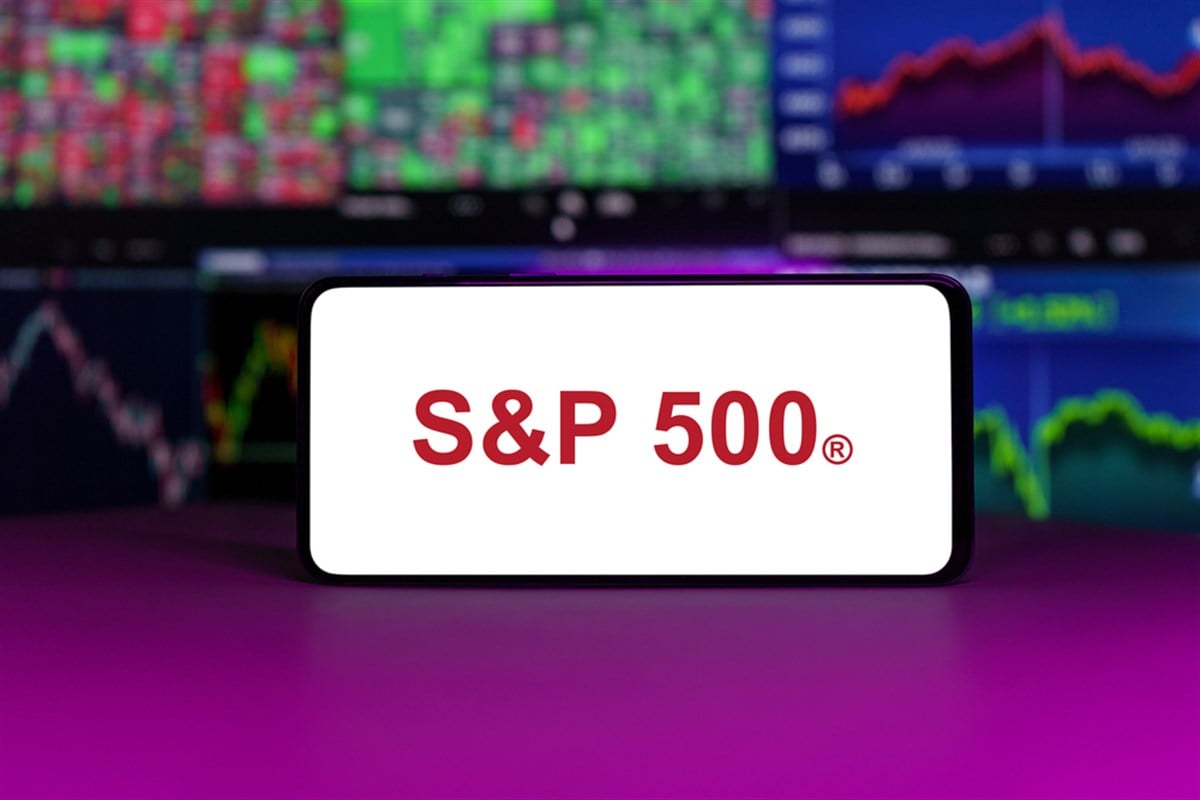
The SPDR S&P 500 ETF Trust (NYSEARCA: SPY) is trading at new highs, but as the sharp pullback on February 13 showed, the rally may be showing signs of cracking.
The market went back into rally mode on Valentine’s Day, as investors decided to give stocks some love. But the previous session’s pullback, fueled by hotter-than-expected inflation numbers, indicated some fragility.
Market bulls might want to take a good look at what’s actually happening:
For starters, the Magnificent 7 stocks that led the 2023 rally aren’t what they used to be, at least as a group. Those stocks, and their 2024 returns are:
- Nvidia Corp. (NASDAQ: NVDA): +46.65%
- Meta platforms Inc (NASDAQ: META): +29.99%
- Amazon.com Inc. (NASDAQ: AMZN): +10.99%
- Microsoft Corp. (NASDAQ: MSFT): +8.05%
- Alphabet Inc. (NASDAQ: GOOGL): +3.90%
- Apple Inc. (NASDAQ: AAPL): -3.89%
- Tesla Inc. (NASDAQ: TSLA): -25.94%
To put those numbers in context, technology stocks, as tracked in the Technology Select Sector SPDR Fund (NYSEARCA: XLK), have returned 5.34% this year. Not all those stocks are tracked in the tech sector, but it still offers a good proxy for performance of these fast-moving innovators.
Of course, a new batch of companies have rotated into leadership. In addition to Nvidia and Meta, which lead the S&P 500 in 2024, the other top five performers and their returns are:
- Eli Lilly & Co. (NYSE: LLY): +27.46%
- Juniper Networks Inc. (NYSE: JNPR): +25.71%
- Catalent Inc. (NYSE: CTLT): +25.17%
- Palo Alto Networks Inc. (NASDAQ: PANW): +24.88%
- Walt Disney Co. (NYSE: DIS): +22.34%
While the outperformance of Nvidia and Meta Platforms signals that artificial intelligence stocks are still grabbing investment dollars, other investment themes are taking on greater importance. Those include obesity drugs, in the case of Eli Lilly and cybersecurity for Palo Alto Networks.
In the case of Disney, investors are convinced the company is finally turning things around after lackluster performance.
Juniper and Catalent are rising due to being acquisition targets of Hewlett Packard Enterprise Co. (NYSE: HPE) and Novo Nordisk A/S (NYSE: NVO).
Half of S&P 500 stocks in the red
However, those are continuations of existing themes: HPE is acquiring Juniper to help the company expand further into the cloud networking arena, and Novo Nordisk is adding Catalent to expand capacity for its weight-loss drugs.
It’s normal for new stocks to rotate into leadership in a new calendar year, so that’s not a cause for concern in and of itself, but some other things are: For example, as of February 14, about half of S&P 500 companies are trading in the red for the year.
It’s always worth looking at finance stocks to get a sense of market internals. The top performers in the sector are all insurance companies, such as Brown & Brown (NYSE: BRO), W.R. Berkley Corp. (NYSE: WRB), Progressive Corp (NYSE: PGR), Travelers Companies Inc. (NYSE: TRV) and Allstate Corp. (NYSE: ALL), among others.
That’s an unusual turn of events, and it’s significant. When insurance companies lead performance in the financial sector, it often indicates a conservative investment sentiment.
Investors looking to stability, dividends
Insurance stocks are considered defensive due to stable cash flows and long-term obligations. When these stocks outperform, it may suggest investor concerns about economic uncertainty, driving them towards safer assets.
Insurance stocks are generally reliable dividend payers due to stable cash flows from premiums. That’s an attractive feature in a volatile or uncertain market.
Regional banks once again a problem
Another part of the current market story that centers on the financial sector: Regional banks are once again in the crosshairs as exposure to commercial real estate is worrying investors.
That's a more systemic problem than the Silicon Valley Bank collapse in 2023. Many regional banks have large exposure to commercial real estate, a sector that's in trouble for a variety of reasons. That has the potential to cause widespread ripple effects.
In addition, energy stocks are lagging broader market performance, as factors including lower oil prices, excess capacity and geopolitical concerns put downward pressure on oil stocks.
That’s another factor that investors should consider amid the exuberance of indexes rallying to new highs. It’s not that a market collapse appears imminent, but overly-exuberant bulls should use caution, and focus on areas of the market showing strength, such as AI stocks, weight-loss stocks and insurance stocks.
